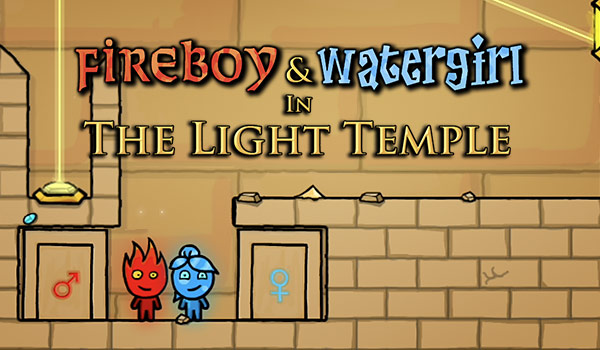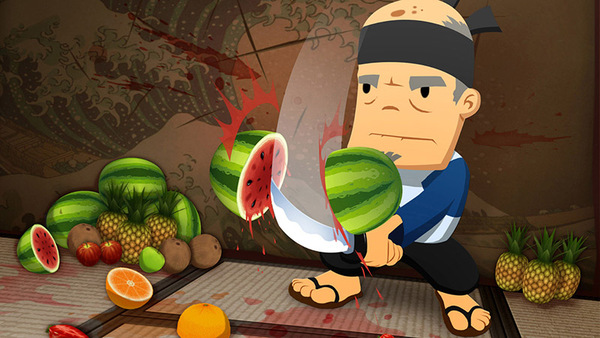REMATCH: The Power, Psychology, and Impact of Second Chances in Competition
In the world of competitive gaming, sports, and entertainment, one word can reignite rivalries, stir up fan passion, and change narratives overnight: REMATCH. A rematch is not just a second opportunity—it’s a test of growth, resilience, and sometimes revenge. Whether it's a long-anticipated sequel bout in boxing, a revenge match in esports, or a replayed final in football, the idea of a rematch carries layers of meaning. It’s about unfinished business, rewriting history, and settling the score.
This article explores the many dimensions of rematches—what they signify, how they play out in different fields, their psychological underpinnings, and the factors that make them so compelling. With a structured deep-dive, we'll look at famous rematches, the rules behind them, and their social and emotional consequences. In the end, we’ll examine whether rematches are truly fair opportunities—or just illusions of redemption.
1. The Definition and Essence of a Rematch
A rematch refers to a second or subsequent contest between the same opponents after a previous result. It emerges from a desire to challenge or overturn the original outcome—especially if it ended in controversy, a narrow margin, or a decisive upset.
Rematches carry deep emotional and competitive value. To the defeated, it’s a shot at redemption. To the victor, it’s a chance to prove dominance wasn’t a fluke. More than just repeating a match, a rematch offers closure—or opens a new chapter in a rivalry.
Types of Rematches
-
Immediate Rematch: Held shortly after the first contest, often due to public demand or contract clauses.
-
Delayed Rematch: Happens after months or even years, adding new tension as players evolve.
-
Trilogy or Rubber Match: When opponents split previous matches and need a tiebreaker.
What Drives a Rematch
-
Close or controversial result
-
Unfinished rivalry or narrative
-
Financial and fan interest
2. The History of Rematches in Sports
Sports history is packed with legendary rematches that have captivated global audiences. From Muhammad Ali vs. Joe Frazier to Rafael Nadal vs. Roger Federer, some of the most iconic moments in sports have happened during a rematch.
In combat sports like boxing or MMA, rematches are often promoted as epic revenge battles. In team sports, rematches can be tied to championship implications—where the losing side prepares for months or years to reclaim honor.
Iconic Sporting Rematches
-
Ali vs. Frazier II: A clash of styles, egos, and legacies.
-
Brazil vs. Germany (2016 Olympics): Brazil’s revenge after a humiliating 7–1 loss in 2014.
-
Lakers vs. Celtics (NBA Finals): Repeated matchups across decades, feeding one of the NBA's fiercest rivalries.
Outcomes That Shaped Legacies
-
Redemption stories
-
Dynasty affirmations
-
Career-defining victories
3. Rematches in Esports: Digital Rivalries
In esports, rematches are frequent and ferocious. Competitive titles like League of Legends, Valorant, CS:GO, and Dota 2 are structured around tournaments where teams regularly meet again. A single misplay in a previous match may fuel weeks of preparation for revenge.
Esports rematches are not just about players—they're also battles of strategy, meta adaptation, and psychological warfare. The stakes often go beyond just a title, affecting sponsorships, brand loyalty, and career trajectories.
Esports Games Where Rematches Shine
-
League of Legends World Championships
-
Valorant Champions Tour
-
CS:GO Majors
Tactical Adjustments Between Matches
-
Champion picks and bans
-
Role swaps
-
Map-specific strategies
4. The Psychology Behind Wanting a Rematch
The emotional core of a rematch lies in our universal desire to improve and to right what feels wrong. Psychologically, it represents hope and growth, as well as the fear of failure repeating itself. It can heal wounds—or reopen them.
For the loser, it’s about proving that the initial failure was an anomaly. For the winner, the pressure is high to confirm dominance and avoid embarrassment. Both sides approach rematches with different mindsets—and those mindsets often decide the outcome.
Mental Preparation for a Rematch
-
Visualization and scenario simulation
-
Reviewing prior mistakes with a coach
-
Rebuilding confidence or humility
Psychological Outcomes
-
Validation
-
Closure
-
Self-doubt or overconfidence
5. Rule Systems That Allow or Deny Rematches
Not every contest allows for rematches. In some sports, the format or governing body must approve a rematch based on clear criteria—like a title clause or controversial ending.
In gaming tournaments, rematches often depend on bracket structure (e.g., double elimination), while in legal disputes or elections, a “rematch” might require new grounds or re-election calls.
Conditions for a Rematch
-
Legal or contractual clauses
-
Fan demand or governing body decisions
-
Rankings or point systems
Where Rematches Are Rare
-
Olympic finals (one chance every four years)
-
Single-elimination tournaments
-
Political elections (except under certain rules)
6. Financial and Media Aspects of Rematches
Rematches can be marketing gold. Promoters, broadcasters, and advertisers know that history-rich rivalries or controversial first matches can draw massive viewership. Think of the buildup before a Floyd Mayweather rematch or the rematch patch in a battle royale event.
Rematches also have long promotional trails—press conferences, callouts, and social media wars that reignite interest and draw in casual fans.
Media Hype Cycles
-
Teaser trailers and countdowns
-
Trash talk and interviews
-
Legacy vs. Revenge narratives
Revenue Streams
-
Pay-per-view and ticket sales
-
Sponsorship deals
-
Merchandising spikes
7. Rematches in Film, TV, and Storytelling
In entertainment, rematches aren’t just confined to the ring or court. Storylines often use rematches as a climactic plot device. Think of Rocky vs. Apollo Creed or Batman vs. Bane. It allows characters to evolve, face their demons, and achieve narrative closure.
The hero’s journey often builds toward a rematch—first losing to the villain, then training, growing, and ultimately returning to triumph.
Narrative Function of Rematches
-
Symbol of growth and resilience
-
Plot culmination and satisfaction
-
Audience catharsis
Examples in Popular Media
-
Rocky II (boxing rematch and redemption)
-
Cobra Kai (legacy karate rematches)
-
The Matrix (Neo vs. Smith showdown arc)
8. Rematches and Player Development
One of the lesser-discussed benefits of a rematch is how much it pushes personal growth. Athletes and gamers alike use losses as teaching moments, studying replays and adjusting techniques.
Training for a rematch often brings out a higher level of performance. It’s when competitors analyze every detail—turning emotion into strategy.
Lessons Learned from First Matches
-
Tactics that failed
-
Fatigue or emotional mismanagement
-
Underestimating the opponent
Development Checklist
-
Refined preparation routines
-
Upgraded equipment or tech
-
Stronger mental frameworks
9. Famous Rematches That Changed History
Some rematches are not just about sports or games—they reflect broader cultural moments. Whether it's geopolitical tension wrapped into a football match or a social movement highlighted by an Olympic rivalry, the rematch stage amplifies more than just skill.
These rematches live forever in memory because of their historical context and impact beyond the field.
Case Studies
-
Joe Louis vs. Max Schmeling II: A racial and political rematch in 1938 boxing history.
-
USA vs. USSR (1980 Hockey Rematch): Cold War implications played out on ice.
-
Serena Williams vs. Maria Sharapova: A tennis rivalry echoing class and cultural divides.
What They Meant Beyond Sport
-
National pride
-
Cultural redemption
-
Political symbolism
10. When Rematches Shouldn't Happen
Not every contest needs a rematch. Sometimes, the first outcome is definitive, and pushing for a rematch can dilute the original story or feel forced. Overreliance on rematches—especially in entertainment or esports—can lead to fatigue and lower stakes.
Additionally, rematches born from toxic rivalries, obsession, or pressure rather than genuine competition often result in disappointment.
Negative Motivations
-
Ego-driven rematches
-
Commercial overexposure
-
Forced drama lacking organic rivalry
When to Move On
-
Clear, uncontested victories
-
Declining performance or health of participants
-
Oversaturation of rematch narratives
Conclusion
Rematches are one of the most powerful elements of competition, offering redemption, drama, and evolution. They are a mirror to human nature—our need to improve, to seek justice, and to rewrite our own stories. Whether in sports, gaming, or storytelling, a rematch elevates the stakes and intensifies the journey.
But rematches also come with risks. They can inspire or disappoint, elevate legacies or undo them. In the end, the value of a rematch lies in its purpose: Is it about growth, or is it just spectacle?
As competitors and fans alike, we must recognize the power of a rematch—but also know when to let history rest.
































